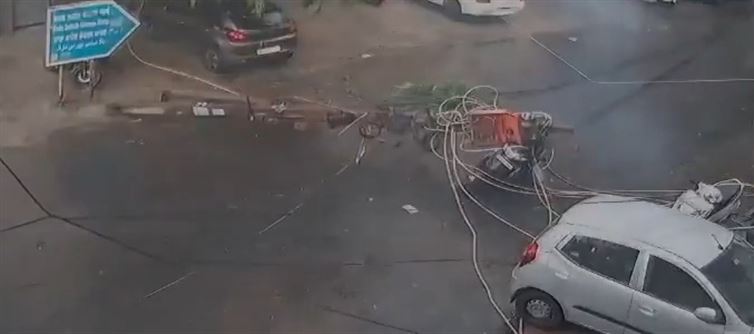
The brutal truth is this: there is zero transparency and accountability in India’s infrastructure governance. What we urgently need is a public database — a real-time, open-access platform that tracks every civic project, along with the names of officials, contractors, and political representatives involved. Citizens should know who approved that substandard road, who awarded that drainage tender, and who signed off on the building that collapsed. Corruption thrives in anonymity, and unless the system is forced into the light, nothing will change. Naming and shaming is no longer a strategy of outrage — it’s a civic duty. And when negligence leads to death, it must lead to jail time, not transfer orders or silent retirements.
Today, in India, your life is merely a statistic in a disaster report — a number buried between bureaucratic jargon and political spin. Promises are made in front of cameras, committees are formed, and reports are filed — only to collect dust. The real culprits, cushioned by political protection and red tape, move on unscathed. The system won’t fix itself because it was never designed to punish its own. Until citizens demand structural accountability — not just apologies but real legal consequences — the floods will return, the poor will suffer, and the dead will be forgotten. Blaming the rain is easy. Fixing the rot needs courage — from the people and the institutions they fund.




 click and follow Indiaherald WhatsApp channel
click and follow Indiaherald WhatsApp channel